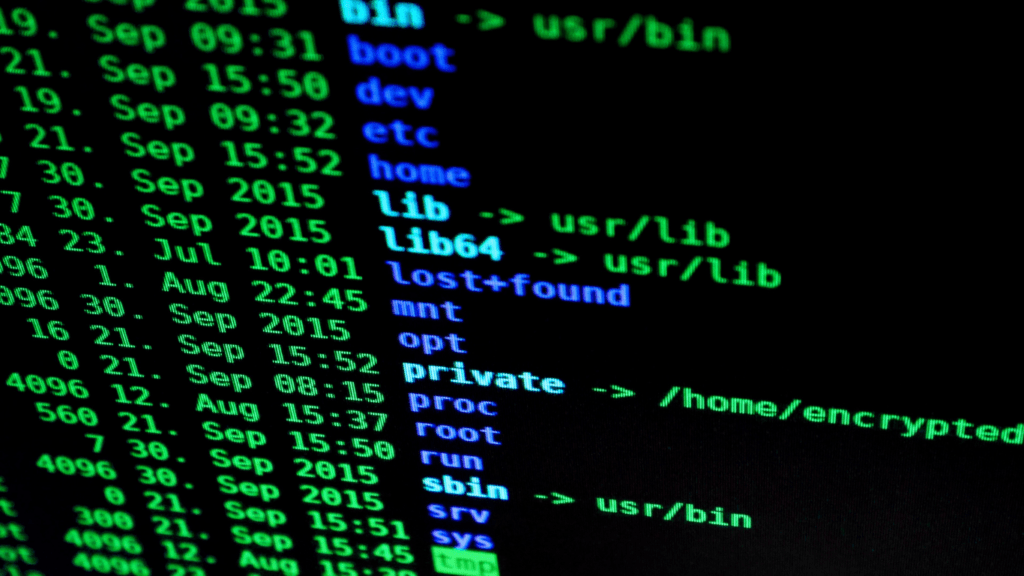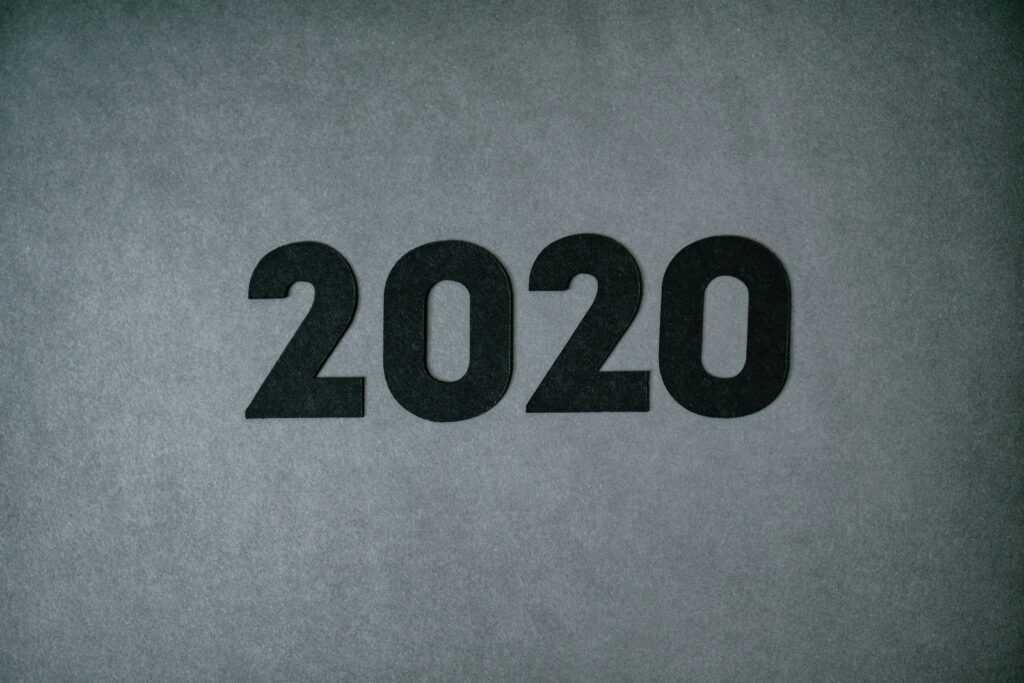In today’s rapidly evolving digital landscape, the intersection of technological warfare and international security has become a paramount concern for nations worldwide. As an expert in the field, I delve into the intricate web of cyber threats, artificial intelligence advancements, and the implications they hold for global stability.
From state-sponsored cyberattacks to the use of drones for surveillance and military operations, the realm of technological warfare presents both unprecedented opportunities and challenges in safeguarding national interests. In this article, I’ll explore the critical role of cybersecurity measures, the ethical dilemmas surrounding autonomous weapons systems, and the need for international cooperation to mitigate the risks posed by emerging technologies.
Join me as we navigate the complex terrain where innovation meets security, and delve into the implications of technological advancements on the ever-evolving landscape of international relations and global security.
The Evolution of Technological Warfare
Historical Overview
In the realm of technological warfare, history showcases a pattern of innovation driving military strategies. Ancient civilizations used advancements like the chariot to gain tactical advantages in battle. The evolution continued with the invention of gunpowder, fundamentally altering the nature of warfare.
Modern Advances in Warfare Technology
In contemporary times, technological warfare has reached unprecedented levels with advancements such as unmanned aerial vehicles (UAVs) revolutionizing reconnaissance and combat operations. The integration of artificial intelligence (AI) in military systems has led to developments in autonomous weapons, raising ethical concerns and redefining the rules of engagement. The merging of cyber capabilities with traditional military tactics has created a new domain of conflict, emphasizing the crucial role of cybersecurity in national defense strategies.
Key Technologies Reshaping Warfare
- Artificial Intelligence in Military Strategy
In military strategy, artificial intelligence (AI) plays a pivotal role in enhancing decision-making processes, optimizing resource allocation, and increasing operational efficiency. AI algorithms analyze vast amounts of data to provide valuable insights for commanders, enabling them to make informed and strategic decisions swiftly. Integrating AI into military operations offers a competitive advantage by enabling real-time adaptation to changing battlefield conditions and threats. - Cyber Warfare and Cybersecurity
Cyber warfare and cybersecurity have become integral components of modern conflict, with state and non-state actors leveraging cyber capabilities to infiltrate systems, disrupt critical infrastructure, and steal sensitive information. Ensuring robust cybersecurity measures is paramount to safeguarding national interests and protecting against cyber threats. By investing in advanced cybersecurity technologies and fostering cybersecurity awareness among military personnel, nations can strengthen their defense against cyber attacks and maintain operational resilience.
Impact of Technological Warfare on International Security

As I delve into the impact of technological warfare on international security, it’s crucial to examine its influence on global power dynamics and the challenges it poses to international law and ethics.
Global Power Dynamics
In analyzing the effects of technological warfare on global power dynamics, it’s evident that nations with advanced technological capabilities hold a significant advantage in modern conflict scenarios. The integration of cutting-edge technologies such as artificial intelligence, cyber capabilities, and unmanned systems reshapes the traditional power structures among nations. The ability to leverage these technologies not only enhances military effectiveness but also contributes to strategic deterrence and influence on the global stage.
Challenges in International Law and Ethics
The advancements in technological warfare bring forth a myriad of challenges in the realm of international law and ethics. The development and deployment of autonomous weapons systems raise concerns about accountability, proportionality, and adherence to international humanitarian law. Moreover, the use of cyber capabilities in military operations blurs the lines between traditional warfare and cyber warfare, necessitating a reassessment of existing legal frameworks. As technology outpaces regulation, there is a pressing need for the international community to establish norms and regulations that govern the ethical use of emerging technologies in conflict situations.
Strategies for Mitigating Risks
International Cooperation and Treaties
In the realm of technological warfare, fostering international cooperation and establishing robust treaties are essential strategies for mitigating risks. Collaborative efforts among nations can lead to the development of frameworks that regulate the use of emerging technologies in conflict situations. By engaging in diplomatic dialogues and forging agreements, countries can work towards creating a more stable and secure global environment. Treaties focusing on arms control and cybersecurity play a crucial role in setting standards for responsible behavior in the cyber domain. Adhering to these agreements can help prevent escalations that may lead to widespread cyber conflicts, thereby enhancing international security.
Advancements in Defensive Technologies
The continuous advancements in defensive technologies play a vital role in mitigating risks associated with technological warfare. Investing in robust defense mechanisms, such as sophisticated cybersecurity tools and resilient infrastructure, is imperative for countering evolving threats posed by malicious actors. Embracing cutting-edge technologies like AI-driven defense systems and encrypted communication channels can bolster a nation’s resilience against cyber attacks and ensure the protection of critical assets. Moreover, developing early warning systems and conducting regular security assessments are integral components of a comprehensive defense strategy. By staying proactive and adaptive in improving defensive capabilities, countries can effectively mitigate risks and safeguard their national security interests.


